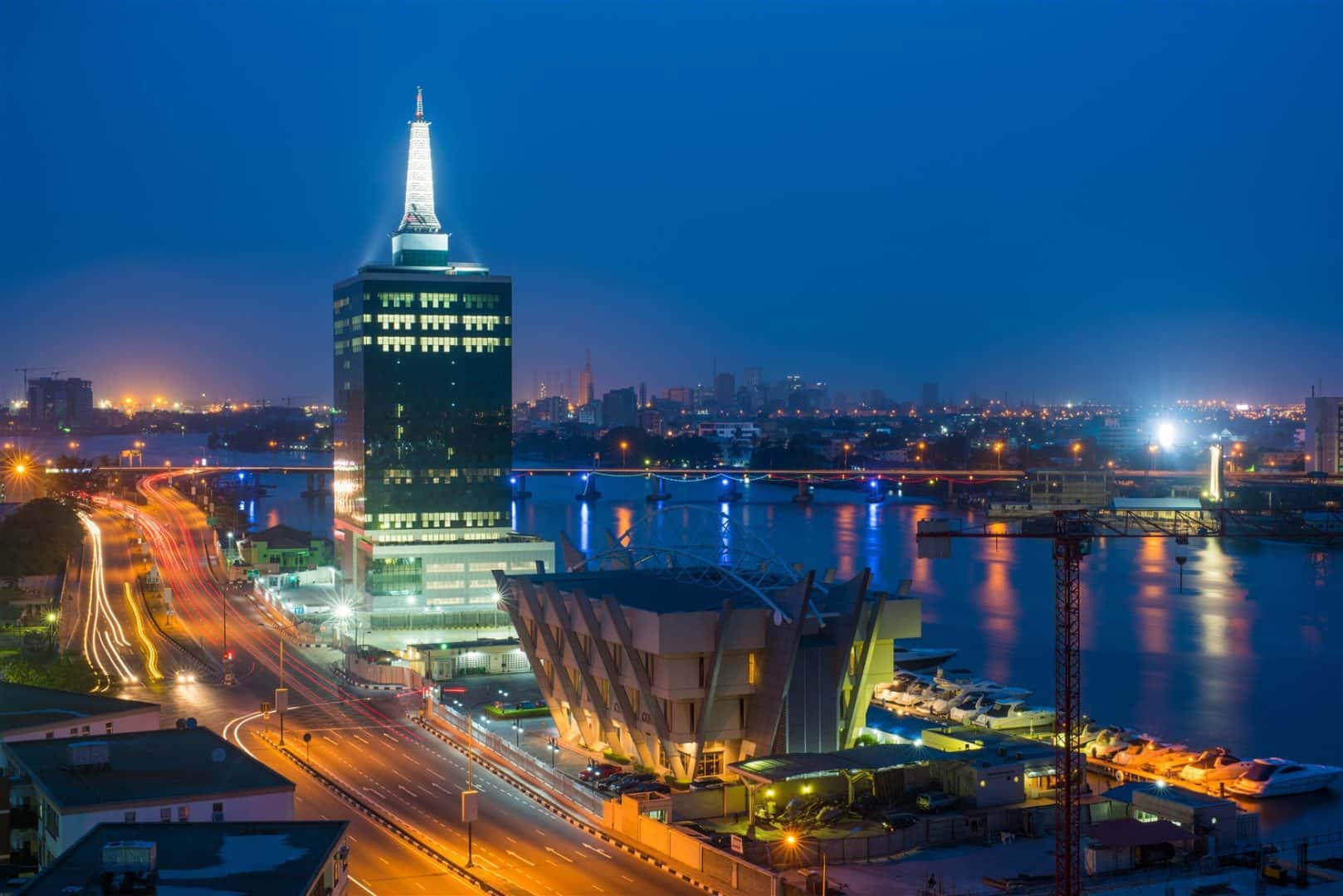Blog Nigeria by Niels Verlinden.
When Nigeria shows up in the headlines, the news is rarely positive… Violence, corruption or a deepening economic crisis, none of these are found on the wish list of executives. To define Nigeria’s current business climate as challenging, is an understatement. But, as always, there is a flip side. Despite its current economic downturn, Nigeria remains a hidden gem for those entrepreneurs with a healthy risk appetite, willing to see the opportunities for growth that exist beneath the surface of the crisis.
After having being granted the opportunity to travel to Nigeria a couple times last year, supporting several of our clients with expanding their business in Nigeria, the key question is always the deliberation between risk and reward: ”what key risks am I exposed to and how to efficiently mitigate these”?
As always, exploring new markets starts with understanding. Therefore, it is critical to first understand Nigeria’s current state of affairs.
What has happened?
Since 2015, plummeting oil prices and decreasing oil output (due to violence and damage to oil installations in the Niger Delta region) have caused loss of revenue & tax and put an economic strain on Nigeria’s economy. Apart from declining revenues, USD have been diverted out of the country as Nigeria is a crude oil exporter, but a net fuel importer (a result of the three main refineries being out of service). As a result, the exchange rate dropped to USD 1 – Naira 365 (after being pegged until June 2016 to USD 1 – Naira 200). Due to the lack of USD, the Central Bank of Nigeria limited the availability of dollars for the import of 41 selected products (the infamous ‘List of 41’), in order to try to limit the amount of imports and simultaneously support domestic production for products such as rice, tomatoes and poultry. As a side effect, a parallel exchange market came into play and inflation rose to > 18%.
So far, not per se conditions that sound appealing. Though, as Winston Churchill already mentioned ‘Never let a good crisis go to waste’. This is certainly applicable to Nigeria.
Untapped potential
As a country with an estimate population of > 180 MN, which is forecasted to surpass the US as the third most populous country by the year of 2050, the consumer market is immense, if only by sheer numbers.
Driven by a rapidly growing middle class (50 MN at current, three times the size of the total population of the Netherlands), a wealth of natural resources, as well as a domestic economy that is (finally) transitioning away from crude oil, Nigeria is a potential market that “cannot be ignored”, which is also stressed by PwC latest report defining Africa’s hot’ spots for businesses.
Population growth, changing consumer habits and restriction of certain imports have started to drive demand for food. As such, agriculture is set to become the main sector that drives the economy. Just like ’the olden days’, before oil became Nigeria’s biggest export commodity in the 1980’s. According to the World Bank, Nigeria’s arable land expanded between 2009 and 2014 from 35,1% to 37,3%, a unique trend in the world as in most countries arable land is declining as a result of population growth and urbanization.
Meanwhile, the Federal Government has put in place a number of tax and investment incentives in order to stimulate domestic private sector investment. Incentives are granted especially to companies active in manufacturing of agricultural machinery, producing animal feed, growing poultry, producing eggs or are active in cultivation, processing and preservation of food crops and fruits. As latest technologies and innovative equipment are not available in Nigeria (yet), though incentives are available, Dutch agricultural technology and equipment suppliers may want to look at Nigeria soon.
Though, Nigeria is not the easiest market to enter in Africa. It is a country that has implemented a host of measures to protect and stimulate local production. Obtaining the required business permits and licences could be a challenge. That said, it also a country that functions as a hub for the neighboring countries in Western Africa offering serious growth potential if you are being able to mitigate the main risks.
Three main risks
What main risks am I exposed to and could you help me to mitigate these risks?
In order to run and operate a sustainable business in Nigeria for the long term, one must acknowledge that businesses are exposed to three main risks:
- Unavailability of foreign exchange. Limited US$ are available in the country, which leads to local customers which may be unable to pay your invoice in US$.
- Abundance of (weak) Naira’s. As off-takers have limited access to forex, they are likely to want to pay their invoices in Naira. This is ok when reinvesting in Nigeria, but may pose a challenge when repatriating profits, due to the weak exchange rate.
- Inability to remit profits. Not only remittance of profits could be disadvantageous due to the weak exchange rate, repatriation of earnings/ capital could also be limited, depending on the origin of the income/ investments made.
How to mitigate these risks in Nigeria?
- Build relationships with selected key banks with access to forex, make sure to be ‘on the front seat’, when USD become available via the official route. Use the option of forward contracting of foreign exchange with your clients and simultaneously research the option of creating export from Nigeria to surrounding countries (Benin; Cameroon) by yourself or your clients.
- Before undertaking business activities in Nigeria, have a strategy ready up front for the locally earned (weak) Naira, e.g. by re-investing your earned Naira locally, in marketing or local product development. If off-takers are still not able to pay the bill, be prepared and willing to keep serving your clients, also in these ‘bad’ times. More than other markets, Nigerians are brand loyal. Once you have positioned yourself well, Nigerians tend to stick to your products and brands. As such, be prepared to pre-finance your clients/ wholesalers, especially at the beginning of market entry. Coming in early before your competitor does, pays off.
- In order to be allowed to repatriate your profits and/or capital investments later on, be sure to have obtained a CCI (Certificate of Capital Importation) before bringing USD into the country, 24h prior to your inflow. A CCI legitimizes and guarantees the repatriation of profits, capital and repayment of external loan facilities. The CBN has authorized commercial banks in Nigeria to issue a CCI within 24h of receiving inflow of funds (incl. equipment and/or machinery), when having received the required application documentation from the Nigerian company that is at the receiving end. Failed to procure a CCI for past inflow? Only the CBN could issue a CCI via the local commercial bank.
My advice
Oil remains Nigeria’s main source of foreign exchange earnings and government financing, yet diversification has helped Nigeria’s economy to build resilience to the oil price adjustment. In turn, things are moving in the right direction, with the agricultural sector as the main driver. Agricultural technology and equipment suppliers should be looking at Nigeria as this market will become the third biggest consumer market after China & India. Though, businesses and investors need to see consistency for a prolonged period before taking the decision to invest and must certainly do their (financial) homework.



